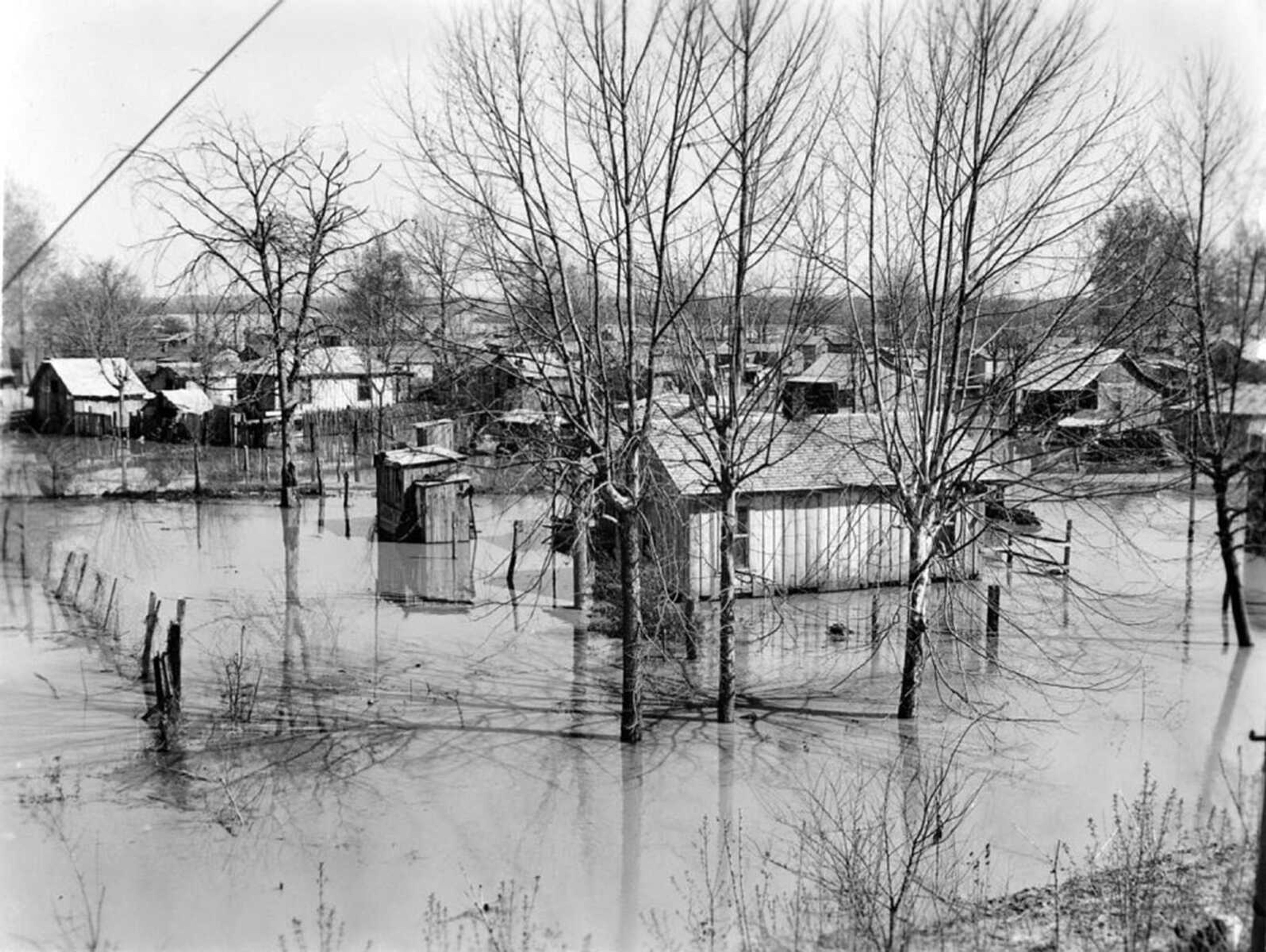The demise of Smelterville
(Second in a series about Smelterville.) After 90 years, Smelterville devolved to extinction when remaining homes in the flood-prone area were bought out by the city (1996). Newspaper accounts reveal its checkered history. Occasionally, Smelterville news was good: donation of playground acres, free city water, a recreation center opened, city-sponsored summer programs and the everlasting hope preached from its churches. ...
(Second in a series about Smelterville.)
After 90 years, Smelterville devolved to extinction when remaining homes in the flood-prone area were bought out by the city (1996). Newspaper accounts reveal its checkered history.
Occasionally, Smelterville news was good: donation of playground acres, free city water, a recreation center opened, city-sponsored summer programs and the everlasting hope preached from its churches. In reality, forward progress invested in Smelterville by the larger community seemed tight-fisted and short-lived, the least possible response to the desperate circumstances of Cape Girardeau's poorest, most destitute neighborhood. Spurred by condescension, pity, neglect and shame, news about Smelterville was often bad.
Originally designed to attract labor-class families with "start-up" housing, the neighborhood never flourished, improvements lagged and its working poor had little incentive or means to move up. Failed industrial enterprises and economic downturns reduced job opportunities to hard-scrabble menial jobs -- mostly quarry work and domestic services -- making it hard to get ahead. Poverty, which would prove generational, found its home in the hard-pack dirt floor houses, built on leased lots, throughout the community.
The City of Cape Girareeau annexed the area in 1925, but little, if any, city services were extended. Akin to "third world" infrastructure, amenities amounted to city water, "installed" in 1935, which consisted of only a single spigot hand pump. Daily, 200 or more families drew water from the spigot and carried water to their homes in buckets for decades.
Residents petitioned the City Council in 1942 for improved health and safety conditions, pledging their own assistance in any program that could be worked out to address the numerous needs: unsanitary outhouse toilets, unmitigated weeds, stagnant water, illegal dumping, abandoned cars, "hordes of mosquitoes" and rats. Nearby livestock yards blanketed the area in suffocating odors (some called it "Smotherville").
But floods presented the greatest challenge to folks of Smelterville. Nearly every two years -- and sometimes twice in the same year -- the Mississippi River's rising water inundated the poorest residents of the city. Forced by mud and water to evacuate, the Salvation Army, the Red Cross and St. James A.M.E. Church offered aid. Flood evacuees were placed in segregated temporary shelters. White families went to various civic and commercial buildings. Black families were sheltered at their own churches, masonic lodge or John S. Cobb School. In milder weather, some chose to camp out on high ground, choosing mosquitos, stagnant water and speeding trains on nearby tracks over crowded, privacy-lacking group shelters. Ruined furnishings, gardens and muck-saturated houses was the way of life. Shockingly, DDT was sprayed and typhoid inoculations were utilized in 1947 by public health officials to lessen disease outbreaks.
The wealthier, whiter community often remembers Smelterville with derision for its muddy, hopeless destitution, all the while, driving south to hire day laborers and domestic help. In contrast, conversation with folks who lived the Smelterville experience stirs a spirt of reverential grit and pride. Spirits are high and appreciative when they speak of their parents/grandparents who, though poor, modeled responsibility, accountability and self-reliance within the supportive community in which they were raised.
Connect with the Southeast Missourian Newsroom:
For corrections to this story or other insights for the editor, click here. To submit a letter to the editor, click here. To learn about the Southeast Missourian’s AI Policy, click here.











